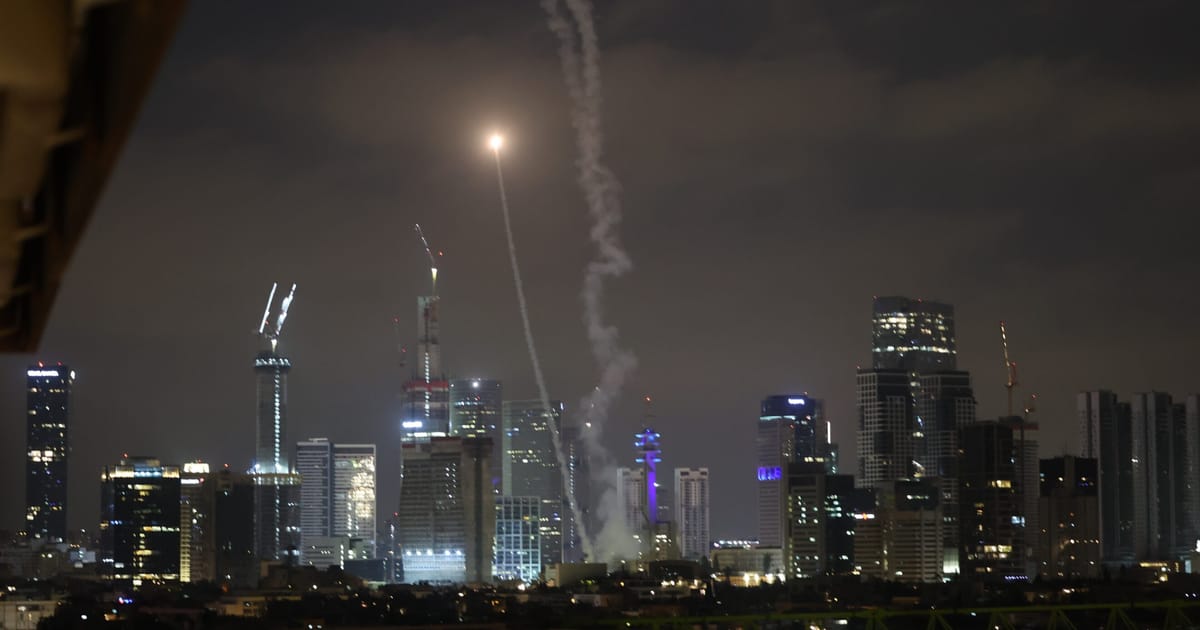

In light of recent events, Europe is increasingly reflecting on its geopolitical relevance in the Middle East, marked by complex dynamics and delicate relationships. The region, often punctuated by intricate and longstanding tensions, continues to challenge Europe’s diplomatic capabilities, urging a reevaluation of strategies and alliances.
The discussion regarding Europe’s place in Middle Eastern affairs is particularly pertinent given the recent actions of the United States in the region. A recent military move by the U.S. saw European powers sidelined, reducing their influence and leaving them scrambling to assert their positions. As European leaders sought to engage diplomatically, developments on the ground shifted rapidly, illustrating the fragility and unpredictability of international diplomacy in volatile regions.
Amidst these dynamics, European countries find themselves soul-searching about their roles on the global stage, particularly in terms of influence and relevance. Political analysts suggest that Europe’s need to adapt to fast-changing global diplomatic landscapes is as pressing as ever. This self-examination is necessary to maintain any semblance of influence in global affairs, particularly where peace and stability are at stake.
One of the critical focal points of this reflection lies in the ongoing situation involving Israel and Palestine. German President Frank-Walter Steinmeier recently highlighted the delicate balance that Europe must maintain to stay aligned with international laws while fostering dialogue between conflicting parties. His remarks, focused on the complexities surrounding the Israeli Prime Minister Benjamin Netanyahu and potential legal implications, underscore Europe’s cautious approach. Steinmeier emphasized the importance of dialogue and legal adherence as Europe navigates its responsibilities and aspirations for peace.
The region’s intricate political landscape requires diplomatic tact and cultural sensitivity. Europe’s historical ties and existing relationships in the Middle East could serve as a bridge towards peace and understanding, but this requires commitment to balanced and effective diplomacy. It’s a role that necessitates persistent dialogue and an openness to adapt to new challenges.
Moreover, the challenges Europe faces are not merely about dropping a substantial weight on a geopolitical scale, but rather about weaving through complex narratives, history, and power dynamics that require patience and a collective effort. The challenge is to sidestep becoming mere spectators and instead act as influential partners committed to meaningful solutions.
Europe’s journey towards reclaiming its relevance in Middle Eastern affairs is intertwined with its broader strategy in international relations. Working in concert with other global powers, reinforcing partnerships, and supporting multilateral frameworks may establish more effective pathways for influence and peace-building. These concerted efforts aim to create sustainable peace efforts and stability while respecting the sovereignty and aspirations of Middle Eastern nations.
As Europe continues to reflect on these themes, the road ahead is paved with opportunities for growth and reevaluation. The task at hand is not simply to assert power but to navigate with wisdom and mindfulness, ensuring that engagement is both respectful and constructive. By fostering honest conversations and inclusive dialogues, there is potential for Europe to remain a vital player on the stage of global diplomacy.
This reflective process could eventually translate into actions and policies that impact not just the Middle East, but also Europe’s own role within the international community. As such, this time of introspection could prove to be a pivotal moment, shaping not only diplomatic strategies but also reaffirming Europe’s broader commitment to global peace and security.
Source: {link}
